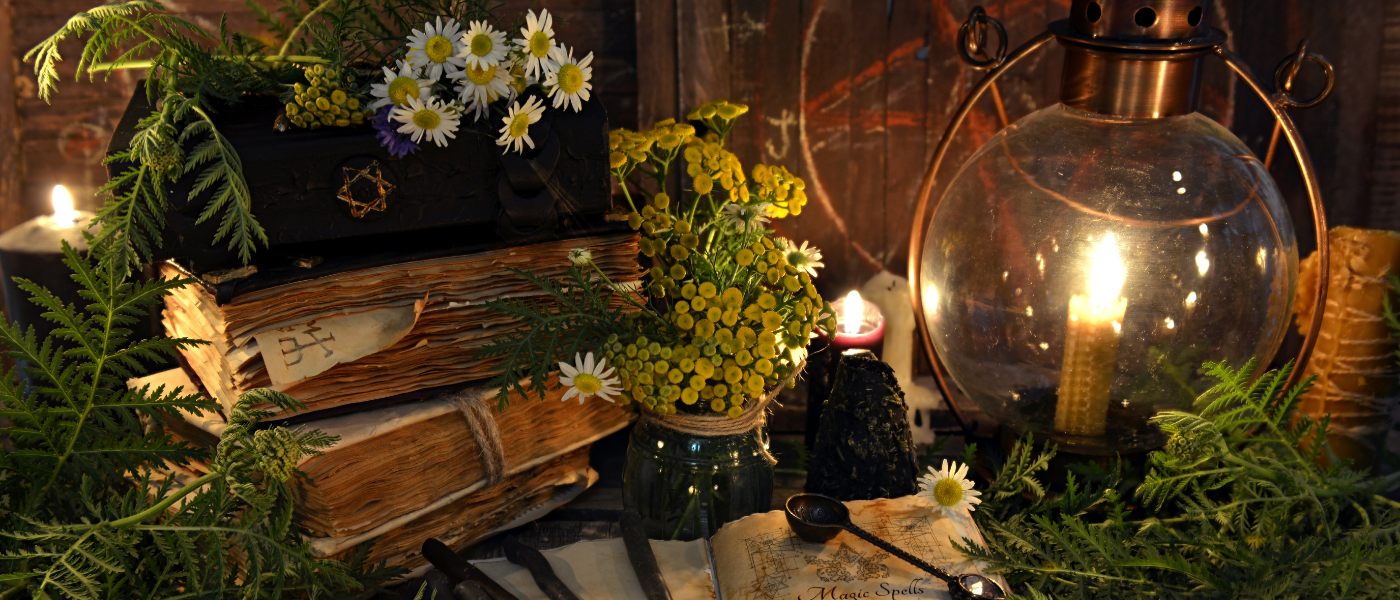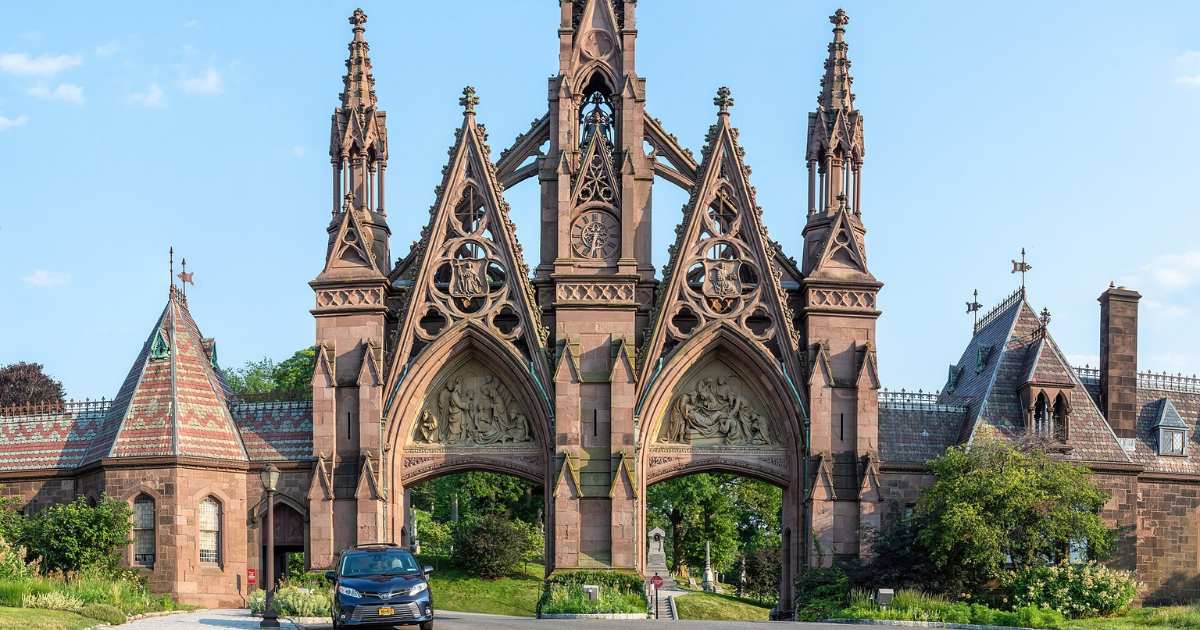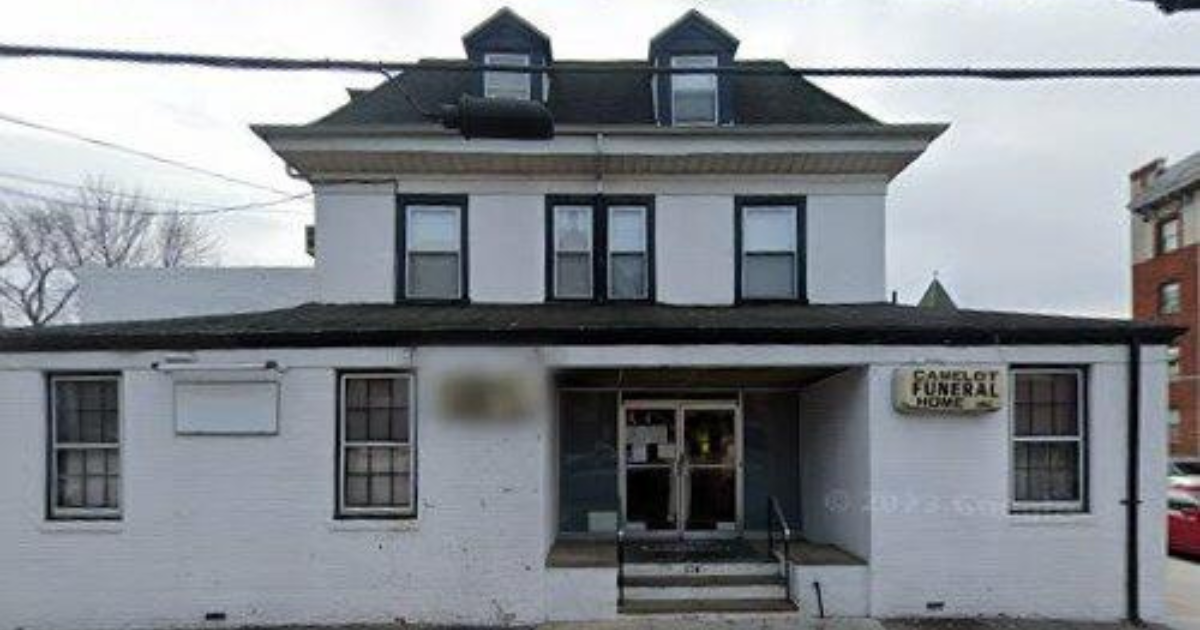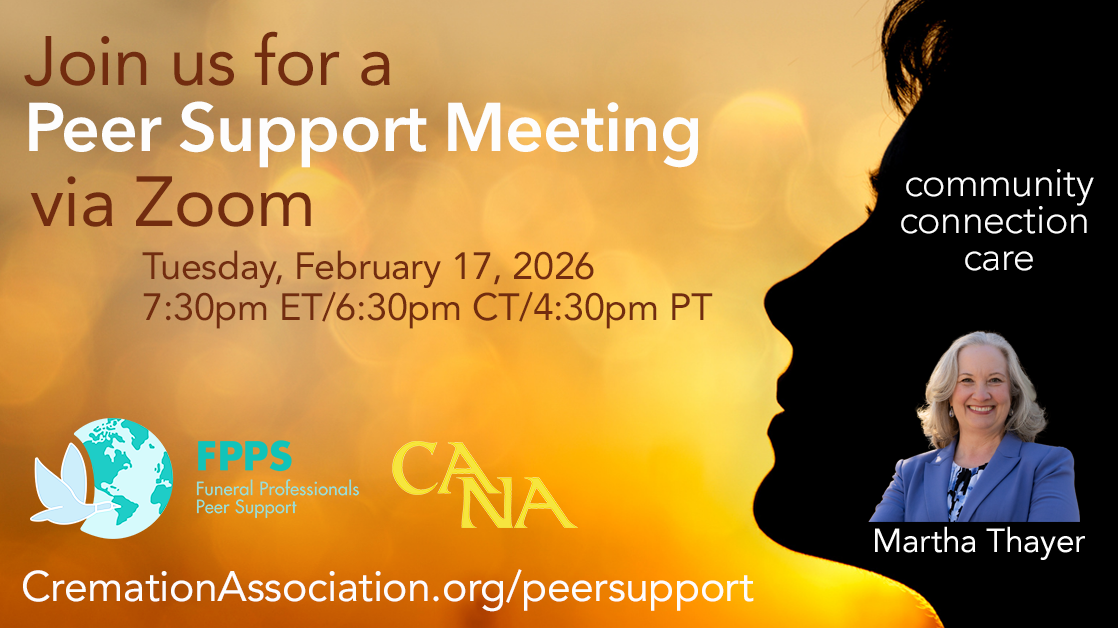Non-Religious Deathcare: The Funeral Director’s Role in Pagan, Atheist, and Humanist Rites
Over the last several decades, deathcare professionals have witnessed a decline in “traditional” faith-based funerals. Whether held in a church sanctuary or officiated in the chapel by a priest or pastor, the religious funeral was once the norm. Today, though, funerals are more diverse, nontraditional, and informal than ever before — and in some areas of the country, the religious funerals of olden days are few and far between.
A September 2023 Gallup poll found that while 47% of Americans describe themselves as religious, another 33% say they are spiritual but not religious, and 18% say they are neither. While the first category has steadily decreased over the years, the latter number is trending upward, especially with younger generations; in fact, a full quarter of young adults say they are nonspiritual and nonreligious. This could mean they consider themselves atheists, agnostic
Everyone dies
The term “spiritual” can mean a lot of things, but in the context of belief systems, it’s often a collective term embraced by those who believe in a higher power, but not necessarily an organized faith. Often, spiritual-but-not-religious (SBNR) are neo-pagan, an umbrella term for people identifying as Wiccan, Druid, Shaman, or just those folks whose practices include Tarot cards and Ouija boards. Many of the people in the last category, the “nons” in the 18% bucket above, often fall under the label of humanist, which is an outlook that emphasizes “being human” over divine or supernatural matters. Some views can actually fall under either or both categories.
As beliefs rather than organized religions, the rituals and practices of neo-paganism and humanism can vary by region, group, and even by individual. However, one thing the people who hold these beliefs have in common is that one day they will all die, and they will need the services of a licensed deathcare professional to some extent. While no funeral director can be expected to know the particular deathcare practices of every belief system, most will want to be flexible and open enough to serve appropriately when called upon — no matter what your own religious or spiritual beliefs may be.
The following is a quick introduction to some common funerary rituals of SBNRs, humanists, and other non-religious belief systems — and how you can serve the families and friends in each situation.
Neopagans, or modern pagans
For the most part, followers of neo-paganism have drawn their beliefs from traditional religions across the world. They usually have a deep respect for all living things, and may worship multiple gods. In some cases, they may believe in reincarnation. Because many pagans see life and death as an unending cycle due to reincarnation, they look at death as a positive experience.
Often, people with pagan beliefs will employ the services of a death doula, or someone who can provide spiritual support as death approaches. After death, this person may facilitate the cleaning of the body and anointing the body with oil in preparation for entry into the next realm. Loved ones may also request a wake prior to burial where they can burn candles and incense and adorn the body with flowers, crystals, or other tokens; you could help to make this a pleasant experience by providing your facility and/or personnel.
Natural burial is often the preferred disposition option for these believers, which means you can help the family with biodegradable clothing or coverings, natural containers, and green burial grounds. As their beliefs often include worshiping nature, outdoor ceremonies in a natural setting — a beach, a mountaintop, a meadow, or a forest — are ideal.
Interestingly, some Wiccans are averse to fire cremation as they recall the days when witches were burned at the stake. Alkaline hydrolysis could be an alternative to this. And while natural organic reduction is not yet legal in all states, it seems to be a fitting option for people with pagan beliefs.
You could also play a role in securing an appropriate celebrant who can work with the family to learn more about the deceased’s personal preferences. Some practitioners will lead loved ones in a ritual where everyone sits in a circle to talk about — or directly to — the deceased.
Ceremonies may include the elements of fire and water as well as music, chanting, and dancing. You may be asked to provide an altar for flowers, herbs, incense, photos, mementos, and candles. A white pillar candle is often used to represent the deceased; at the conclusion of the ceremony, the celebrant may extinguish the flame and present the candle to the next-of-kin.
Atheists
Atheists don’t believe in a god or any higher power or deity, and an atheist funeral is not simply a service with no religious elements. Although there are no overtly religious symbols or practices like prayers, hymns, or Bible verses, there should also be no references to an afterlife of any kind. In fact, it’s best to avoid references to heaven or even “a better place,” even though those words are intended to be comforting.
Like today’s celebration of life services, atheist funerals should focus on the life of the deceased. Often, family and friends will be asked to share their memories with attendees along with poems, readings, or songs the deceased may have liked. Funeral homes could offer the use of an event center or facilitate a celebration at an offsite location with your staff managing the order of services.
Cremation and burial are acceptable and common methods of disposition for atheists, and they may or may not have made their preferences known prior to death. As atheists don’t believe there is any experience following death, choosing a particular disposition method may not be a priority.
Humanists
According to the UK’s Humanist Ceremonies organization, which has performed humanist funerals since 1896, humanist funerals should be “both a dignified farewell and a celebration of a life.” They can be as informal and free-flowing as an atheist funeral or as structured as a religious ceremony, but should not include any religious symbolism or references.
Humanist celebrants work with families and friends to create highly-personalized tributes and services. However, if you’re not familiar with any humanist celebrants in your area, you could serve the same role in arranging services where friends and family members speak or read favorite passages from poems or books. Services could take place anywhere, even outdoors, although a place with significance to the deceased would be preferable.
Like atheists, humanists generally don’t believe in any sort of existence after death, so disposition methods could vary. Author Kurt Vonnegut, who was Humanist of the Year in 1994, said, “I am a humanist, which means, in part, that I have tried to behave decently without rewards or punishment after I am dead.”




